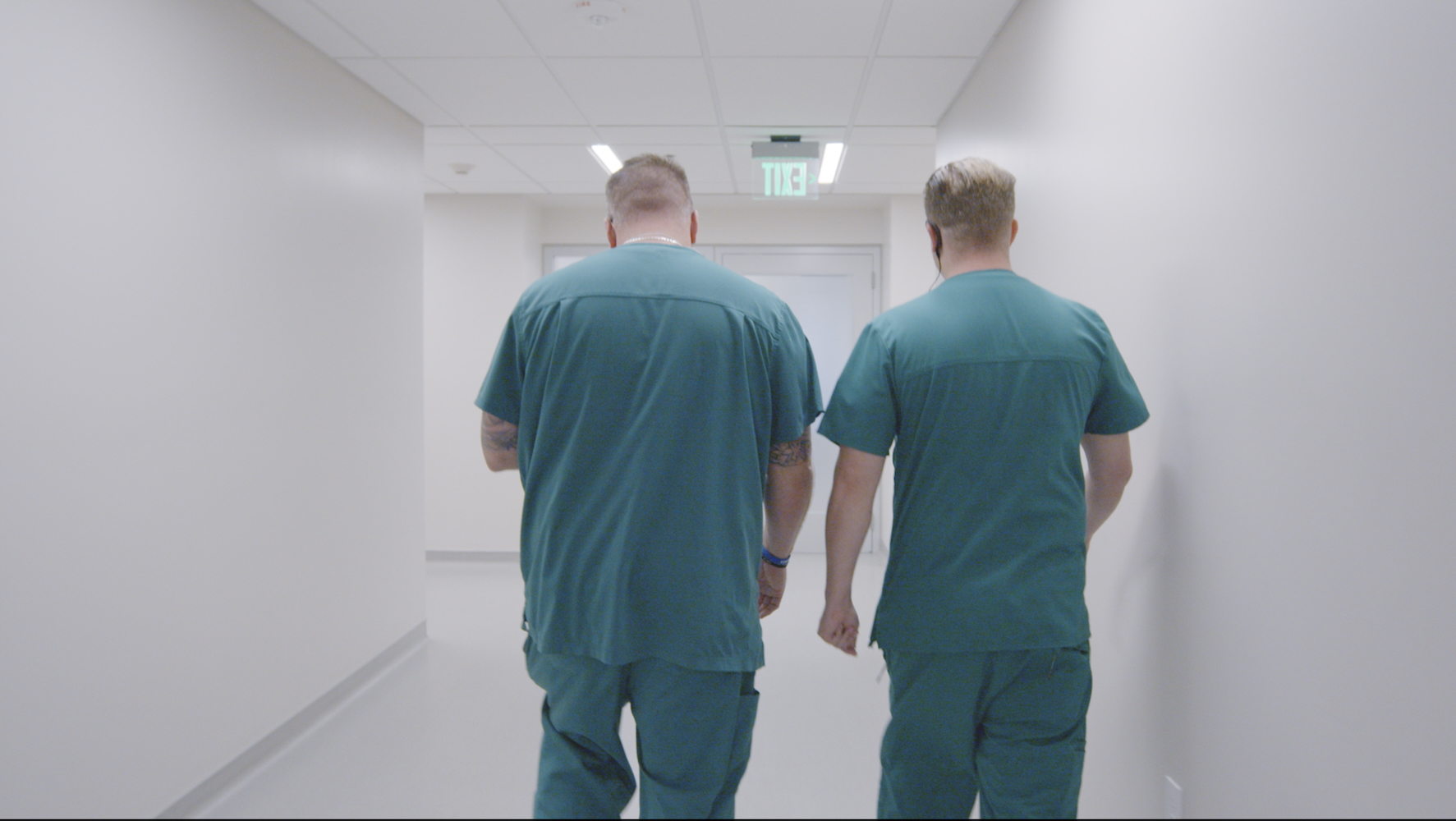
The Profound Impact of Peer Support Specialists in Crisis Care
Delivering immediate, high quality behavioral health crisis care to people in need is a team effort. At Connections Health Solutions, our team is comprised of individuals who each possess a different background and level of expertise, from the mental health professionals who work in our centers to the members of law enforcement we collaborate with in the communities we serve throughout Arizona, Montana, and soon Virginia and Washington state. Peer support specialists bring a unique type of experience to crisis care, making them an invaluable member of the Connections care team, as well as a person’s journey.
Providing Empathetic Care Through Lived Experience
Peer recovery support specialists (PRSS) bridge the gap between individuals in crisis and the crisis care team, as they can draw on their lived experience with mental health and substance use challenges. Peers’ personal experiences allow them to offer a unique level of support, understanding, and empathy that no other team member can provide or even imagine.
Drawing on their lived experience, a PRSS provides hope to people in need and connects with them on a deep, personal level. A study of peer specialists who recently completed their certification found that 34% of participants reported personal meaning as their most important reason for working in peer support. Peers share their stories to show individuals in crisis that they have been where they are, have felt what they are feeling, and have found that recovery is possible.
Peers offer support in a multitude of ways, including showing others how and where to access resources, guiding them through navigating the behavioral health system and helping them to develop the skills essential to recovery. At Connections, they also lead recovery groups, which provide a safe space to share experiences and learn from others who have also gone through crises. By sharing the steps they took, and continue to take, throughout their own journey, peers can help others to map out their personal road to recovery.
Breaking Down the Mental Health Stigma
Peers, in addition to the support they provide to individuals in crisis, play a key role in challenging the stigma that exists around mental health and substance abuse challenges. Unfortunately, many people are afraid or embarrassed to ask for help, as they fear being judged.
Peers help to confront the stigma head on, by sharing their own challenges and recovery journey. In doing so, they show others, using their own experience as evidence, that seeking help is the ultimate display of strength, not weakness.
National Certification Standards for Peer Recovery Support Specialists
The vital role of peer support in crisis care has become widely recognized, with the Substance Abuse and Mental Health Services Administration (SAMHSA) taking an active role in the development of certification standards for peer support professionals.
SAMHSA’s national certification standards not only enhance the quality and consistency of peer support services, but also reaffirm the credibility of peer support as a crucial and effective component of the behavioral health care system. These guidelines help to build upon the work that peers are already doing
to support people in crisis, while ensuring that individuals receiving support are safe, protected and empowered.
Seeing Peer Support Through the Eyes of a PRSS
In the words of Matt Shafer, former PRSS and now Community Development Manager at Connections, “It’s my belief that peer recovery support specialists are the unsung heroes of our crisis response system.” Matt has been in recovery for five years, and his story is a testament to the resilience of the human spirit, the potential for transformation, and the vital role of peer support in crisis stabilization programs.
Matt’s story began with a single decision – the choice to try methamphetamine. The grip of addiction took hold of his life, leading him to turn to stealing to feed the addition. In 2007, he was convicted and sentenced to 2.5 years in Arizona State Prison. After his release, depression settled in and Matt relapsed, turning to drugs more heavily. He was convicted of organized retail theft and sentenced to five years in prison. This stay in prison was the catalyst that changed Matt’s life.
Matt was desperate to change his life but did not know how to do so. During his second prison sentence, he was introduced to a peer recovery support program by a prison counselor. Matt experienced the impact of peer support firsthand, which provided him with the guidance he needed to make the necessary changes in his life to embark on his recovery journey.
The support that Matt received from peers while in prison had such a profound effect on his life that he was inspired to become certified while completing his sentence. He also taught recovery classes and life skills while earning two associate degrees. After serving almost five years, Matt started a new journey, joining the Connections crisis care team as a PRSS 30 days after his release from prison.
Matt’s story is evidence of the immeasurable difference that peer support can have on the lives of people in crisis. In his current role of Community Development Manager, Matt continues to connect and engage with members of the community and spread awareness of the life-saving support services Connections provides. It is imperative that PRSS continue to be recognized as a valued and fully integrated component of mental health and addiction support services, so that individuals in crisis get the type of empathetic care and support that only peers can provide.
Related
Sign Up For Our Newsletter
Discover the latest news about Connections and best practices in behavioral health care.
Stay up-to-date with critical insights for our communities, managed care organizations, providers, and more.
%20(11).png)
%20(9).png)
%20(8).png)